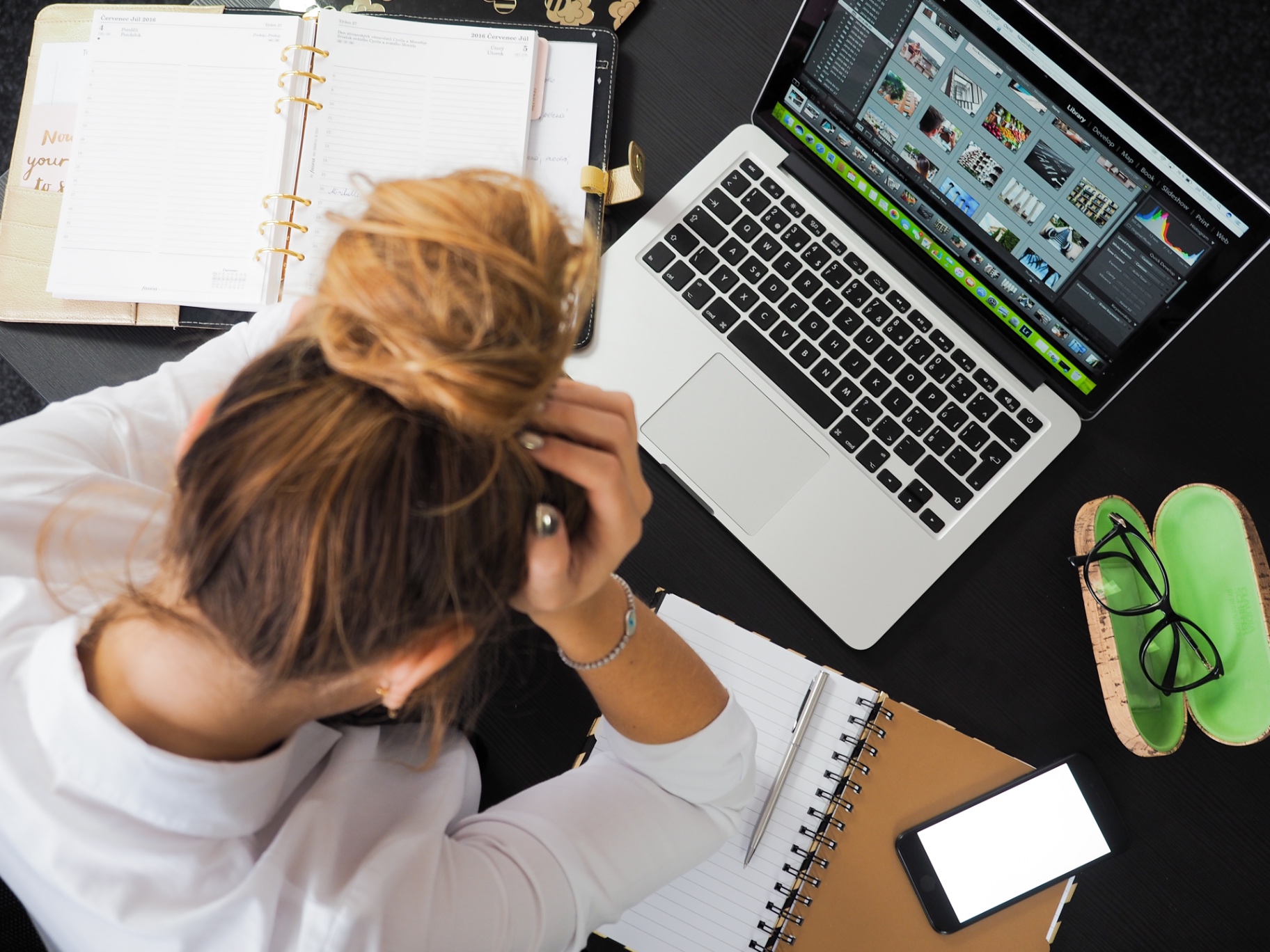Surprising Statistics on Anxiety in the United States

Surprising Statistics on Anxiety in the United States
Anxiety is a common mental health condition that affects millions of people in the United States. It can cause a variety of symptoms, including worry, nervousness, fear, and physical symptoms such as sweating, nausea, and dizziness.
Here are some surprising statistics on anxiety in the United States:
More than 31% of U.S. adults will experience an anxiety disorder at some point in their lifetimes. This means that nearly one in three adults will have an anxiety disorder. Anxiety disorders are more common in women than men.
About 42% of women will experience an anxiety disorder, compared to 25% of men.
The most common anxiety disorders are generalized anxiety disorder (GAD), panic disorder, and social anxiety disorder. GAD is characterized by excessive worry and anxiety that is difficult to control.
Panic disorder is characterized by sudden, intense episodes of fear and anxiety. Social anxiety disorder is characterized by a fear of social situations and interactions.
Anxiety disorders can have a significant impact on a person’s life. They can interfere with work, school, relationships, and overall quality of life.
Only about 40% of people with an anxiety disorder receive treatment. This is a significant number of people who are not getting the help they need.
What is the Best Treatment for Anxiety?
There are a variety of treatments available for anxiety disorders. The best treatment for an individual will depend on the specific type of anxiety disorder, the severity of the symptoms, and the person’s preferences.
Some common treatments for anxiety disorders include:
Cognitive-behavioral therapy (CBT). CBT is a type of therapy that helps people change the way they think and behave about their anxiety.Exposure therapy. Exposure therapy involves gradually exposing the person to the things they fear in a safe and controlled environment.
Medication. There are a variety of medications available to treat anxiety disorders, such as selective serotonin reuptake inhibitors (SSRIs) and serotonin-norepinephrine reuptake inhibitors (SNRIs).
If you are struggling with anxiety, it is important to seek professional help. A therapist or doctor can help you determine the best treatment for you and develop a plan to manage your symptoms.
Here are some additional tips for managing anxiety:
Get regular exercise. Exercise can help to reduce stress and anxiety.Get enough sleep. When you are well-rested, you are better able to cope with stress.
Practice relaxation techniques. Relaxation techniques such as deep breathing and meditation can help to calm the mind and body. Avoid caffeine and alcohol. Caffeine and alcohol can worsen anxiety symptoms.
Learn to say no. Don’t take on too much at once. Learning to say no can help you to reduce stress and anxiety.
If you are struggling with anxiety, please know that you are not alone. There are many effective treatments available. With the right help, you can manage your anxiety and live a full and productive life. Discover the latest insights and resources on anxiety disorders at Stride Forward Counseling. Learn about surprising statistics and various types of anxiety disorders. Find support during our office hours.
Stride Forward Counseling offers professional counseling services to help you navigate and overcome anxiety. Get started on your journey to better mental health today.

